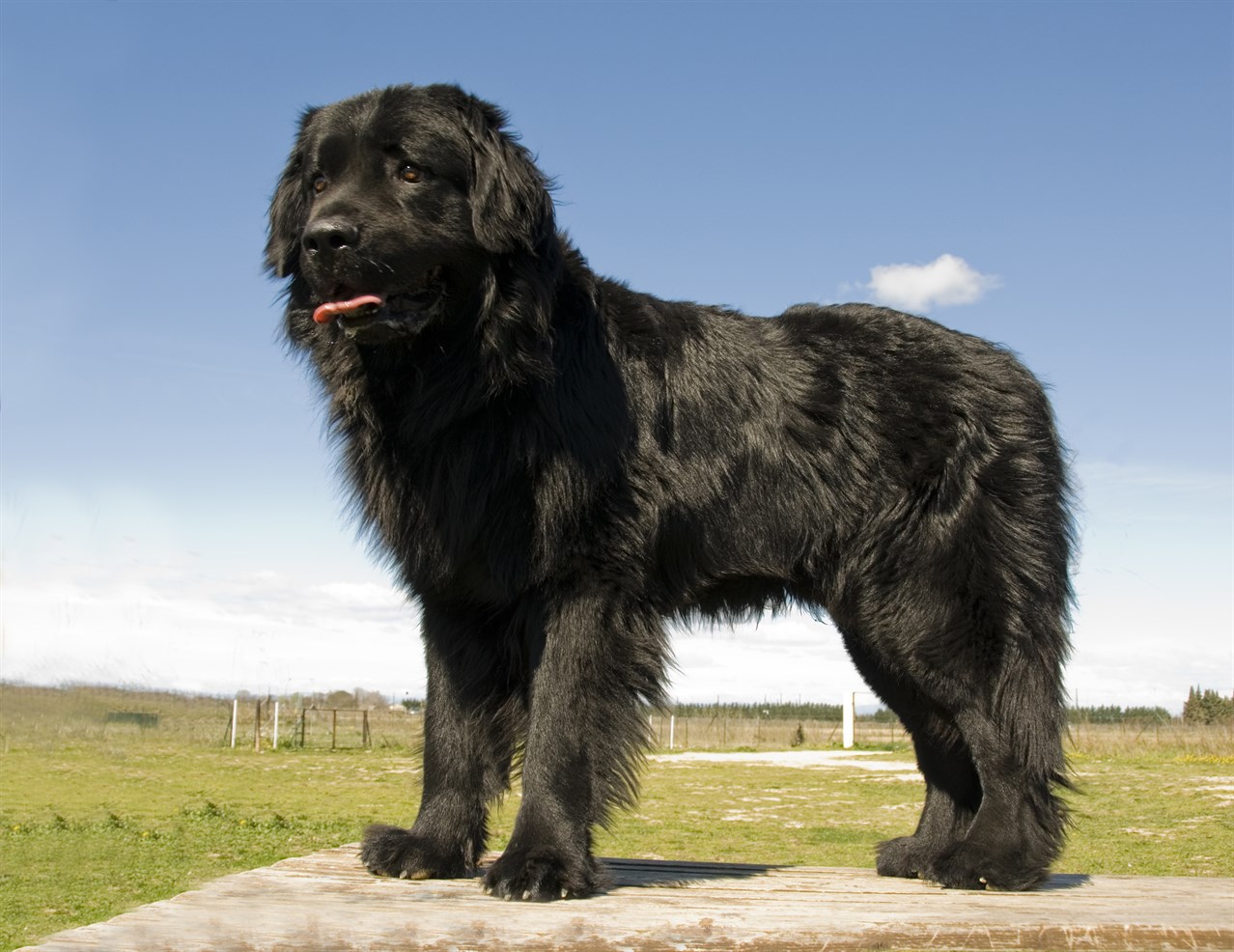Downsides and Disadvantages of Newfoundland Dog Ownership

While Newfoundland dogs are beloved for their many positive qualities, like their gentle nature and loyalty, potential owners should be aware of certain downsides and challenges associated with this breed. These disadvantages may not be deal-breakers for everyone, but they are important factors to consider before bringing a Newfoundland into your life.
Size and Space Requirements
Newfoundlands are one of the largest dog breeds, with adult males typically weighing between 59 to 68 kg and standing 71 cm or more at the shoulder. Their size alone can be a challenge for some owners, especially if they live in smaller spaces or have limited mobility.
Grooming Demands
Newfoundlands have a thick double coat that sheds year-round and experiences heavier shedding during seasonal changes. This can lead to a significant amount of dog hair in your home, on your furniture, and on your clothing. Their coat also requires regular grooming to prevent matting and maintain its health. This includes brushing several times a week and possibly professional grooming, which can be time-consuming and costly.
Drooling and Slobbering
Newfoundlands are known for their propensity to drool and slobber, particularly after eating or drinking. This can be a common drawback for some owners who prefer a cleaner and drier environment.
Exercise and Space
While Newfoundlands are not highly active dogs, they do require daily exercise and mental stimulation. This may not suit owners with a sedentary lifestyle or limited outdoor space.
Health Expenses
Large dogs like Newfoundlands can be more prone to certain health issues, and veterinary care and treatment for a giant breed can be expensive. Potential owners should be prepared for potential medical costs.
Shorter Lifespan
Newfoundland dogs have a shorter lifespan compared to smaller breeds, typically ranging from 8 to 10 years. This means that owners may experience the loss of their beloved pet sooner than expected.
Need for Socialisation and Training
Newfoundlands are generally well-behaved, but they require consistent socialisation and training from an early age to ensure they grow into well-adjusted adults. Lack of training and socialisation can lead to behavioural issues.
Climate Sensitivity
Newfoundlands are sensitive to heat due to their dense double coat. Owners in hot climates need to be cautious during hot weather and provide adequate cooling options.
Dropping Water Everywhere
Newfoundlands' love for water can lead to a messy home. After a swim or drink, they often shake themselves off, splattering water in all directions.
Lifelong Commitment
Owning a Newfoundland is a long-term commitment, both in terms of time and financial resources. Potential owners should be prepared for the responsibility of caring for a large dog for many years.
In summary, owning a Newfoundland dog can be a rewarding experience filled with love and companionship, but it's essential to be aware of the downsides and challenges that come with this breed. These challenges can include their size, grooming needs, drooling, exercise requirements, potential health expenses, and the lifelong commitment required. Prospective Newfoundland owners should carefully assess their ability to meet these challenges and provide the necessary care and attention to ensure a happy and healthy life for their canine companion.
Newfoundland puppies for sale
- Find Newfoundland puppies for sale in ACT
- Find Newfoundland puppies for sale in NSW
- Find Newfoundland puppies for sale in NT
- Find Newfoundland puppies for sale in QLD
- Find Newfoundland puppies for sale in SA
- Find Newfoundland puppies for sale in TAS
- Find Newfoundland puppies for sale in VIC
- Find Newfoundland puppies for sale in WA